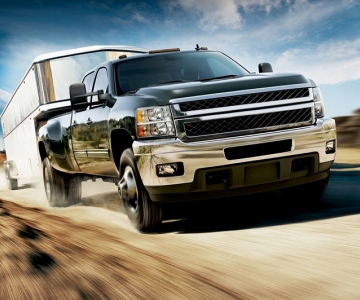 Contractor’s General Liability
Contractor’s General Liability
My dad was a general contractor. I grew up on ladders, handing hm hammers, nails, handsaws, etc. He worked 7 days a week to support our family. When he wasn’t working, he spent many hours trying to get a competitive quote for his Liability Insurance. He often commented, “Insurance Stinks”. So I decided to do something about it. Getting a quote should be an easy process.
Making a profit in the contractor business is getting harder every day. As a business owner, you try to make good business decisions. You know making the wrong decision can cost you money. Actually, it can cost you your business, your savings and your home. I am talking about the Multi-Million Dollar Lawsuit. Not only do you worry about the coverage, but the time away from your work. Not to mention the cost of the legal settlement. If you follow the guidelines in this chapter you will protect your business and become more profitable.
The most important coverage is general liability. This is the coverage that responds when your company is sued for negligence caused by one of your staff members. There are two primary areas of protection: Property damage to a third-party and bodily injury. One common claim occurs when an employee causes property damage due to a negligent act, such as dropping a piece of equipment on an automobile parked below. Bodily injury claims occur when someone is hurt on a job-site due to actions of an employee. Contractor’s general liability coverage pays to defend your company against the suit as well as the cost of any settlement or court award.
Contractor’s Tool Floater
Many standard insurance packages exclude or limit coverage for equipment when it is not at the company’s primary address. For a contractor who keeps expensive tools and property at a job site, this limitation can be expensive if a fire or theft occurs. A special insurance product, called a floater, provides location to location. High deductibles are put in place to avoid smaller claims with coverage designed to respond to occurrences involving expensive equipment and catastrophic losses.
Builder’s Risk Insurance
Builder’s risk coverage responds when a building under construction suffers a loss. Prior to their completion, many buildings are in a fragile state, subject to wind, fire and vandalism losses. In most cases, these losses fall squarely on the shoulder of the general contractor. Risk under construction requires specialized insurance protection that covers the value of the structure as it takes shape during the building process. Coverage is usually offered on a named peril basis, responding only to losses caused by specific perils such as fire.
Business/Commercial Auto Insurance
As a business owner, you need the same kinds of insurance coverage for the car you use in your business as you do for a car used for personal travel — liability, collision and comprehensive, medical payments (known as personal injury protection in some states) and coverage for uninsured motorists. In fact, many business people use the same vehicle for both business and pleasure. If the vehicle is owned by the business, make sure the name of the business appears on the policy as the “principle insured” rather than your name. This will avoid possible confusion in the even that you need to file a claim or a claim is filed against you.
Whether you need to buy a business auto insurance policy will depend on the kind of driving you do. A good insurance agent will ask you details about how you use vehicles in your business: who will be driving them and whether employees, if you have them, are likely to be driving their own cars for your business. Always request drivers license numbers, and run reports prior to hiring. You do not want a contractor driving your company cars if he has tickets, accidents, or worse yet, a driving while intoxicated (DWI) violation.
Workers Compensation
Workers compensation laws were created to ensure that employees who are injured on the job are provided with fixed monetary awards. This eliminates the need for litigation and creates an easier process for the employee. It also helps control the financial risks for employers since many states limit the amount an injured employee can recover from an employer.
Workers compensation insurance is designed to help companies pay these benefits. As a protection for employees, most states require that employers carry some form of workers compensation insurance. Workers Compensation insurance is not health insurance. Workers compensation is designed specifically for injuries sustained on the job.
In most states, if you have employees, you are required to carry workers compensation coverage. Even in non-mandatory states, it can be a very good idea, particularly if you have many employees, or if they are engaged in hazardous activities.
Disability
In some states, mostly New York State, any time you take out a workers compensation policy, you are required, by the Workers Compensation Board to also take out a Disability/Paid Family Leave policy. If you do not have both in place, the Workers Compensation Board will pick up that you have the Workers Compensation, but no Disability policy. If this happens, they may send you a find for EACH DAY you have no Disability coverage. The cost of a Disability policy or Workers Compensation policy is much more beneficial than a Penalty from the Workers Compensation Board.
Brian Cameron
Cameron Group, Inc
845-627-2130






Leave A Comment